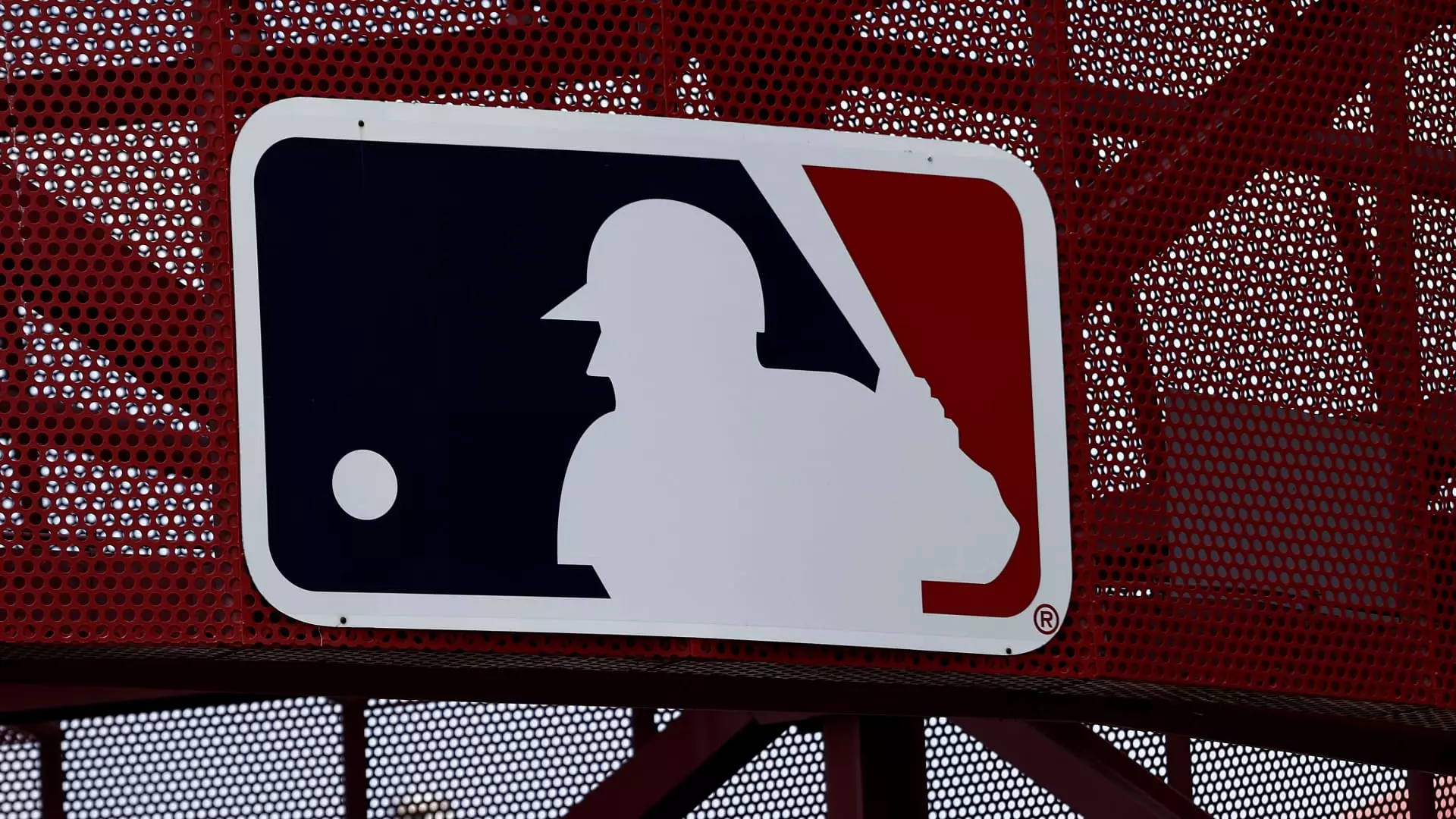The landscape of regional sports broadcasting is facing serious turbulence, as evidenced by a recent bankruptcy court filing involving Diamond Sports Group, the preeminent owner of regional sports networks in the United States. Notably, the Atlanta Braves, a key team in Major League Baseball (MLB), have expressed significant reservations regarding Diamond Sports’ proposed reorganization plan, suggesting profound implications for the future of sports broadcasting and team partnerships. This article aims to unpack the complex issues surrounding Diamond’s financial viability and the reactions from the Braves and MLB.
In their objection submitted last Friday, both the Braves and MLB articulated “grave concerns” surrounding Diamond Sports’ current restructuring proposal. Their apprehensions are rooted in the belief that the company might face financial ruin once more if the proposed plan is insufficient. This level of scrutiny highlights a crucial point: despite having a vested interest in Diamond’s successful reorganization, both the league and the Braves remain skeptical about the feasibility of the existing plan, hinting at its potential to entrench Diamond deeper into financial distress.
The filing from MLB and the Braves raises questions about Diamond’s long-term sustainability, particularly as it navigates the challenging waters of modern sports broadcasting. The company’s struggles are reflective of broader trends in the industry, where traditional cable subscriptions are declining rapidly, necessitating a reevaluation of existing business models.
A significant factor fueling MLB’s and the Braves’ misgivings is a notable lack of clarity in Diamond’s reorganization proposal. The document, consisting of 20 documents over 181 pages, has not sufficiently addressed the stakeholders’ inquiries, leaving them grasping for a more comprehensive understanding of the company’s future. The case highlights a common issue in corporate reorganizations — the tension between maintaining confidentiality and ensuring transparency with important parties who rely on the company’s success.
Moreover, ambiguity regarding Diamond’s proposed partnership with Amazon exacerbates these concerns. The negotiations with Amazon are still reportedly ongoing, yet a clearer strategy is essential for stakeholders who have a vested interest in the outcome of these discussions. The urgency of this request is amplified as leagues and teams increasingly seek innovative avenues to deliver content directly to consumers.
As consumer preferences shift away from traditional cable packages, Diamond Sports’ direct-to-consumer strategy emerges as a critical component of its survival. The Braves and MLB are understandably curious about how this approach will function in practice, especially given that other MLB teams have already begun exploring alternative broadcasting solutions. When competitor teams such as the St. Louis Cardinals and the Miami Marlins begin striking deals outside of Diamond, it raises the stakes further for the Braves and the league to ensure the group’s viability.
The current concern is underscored by the context of previous negotiations, particularly with FanDuel over naming rights for the regional networks that Diamond controls. Without fully understanding the implications of such agreements, it is difficult for stakeholders to remain committed and confident in Diamond’s future performance.
While the Braves have not completely severed ties with Diamond, the evolving situation has prompted some franchises to reevaluate their media contracts. The Cincinnati Reds’ recent decision to exit their Diamond-owned regional sports network illustrates the fraught climate in which these teams are operating.
Moreover, the Atlanta Braves Holdings, a publicly traded entity, adds another layer of complexity to the discussions, as shareholder interests must also be taken into account. This structure inherently complicates matters, particularly when the stakes are so high, and the implications of financial instability can resonate far beyond the immediate contract negotiations.
As the scheduled court hearing looms, the pressure mounts on Diamond Sports Group to satisfactorily address the concerns raised by MLB and the Braves. The objections raised underscore a pressing need for transparency and a viable business model capable of weathering industry shifts. Without substantial reassurances regarding its reorganization plan, Diamond’s precarious future could continue to jeopardize not only its operations but also the fabric of regional sports broadcasting as a whole. The resolution of this situation is crucial, not only for the parties directly involved but for the broader ecosystem of sports media in an era of rapid change.

Leave a Reply